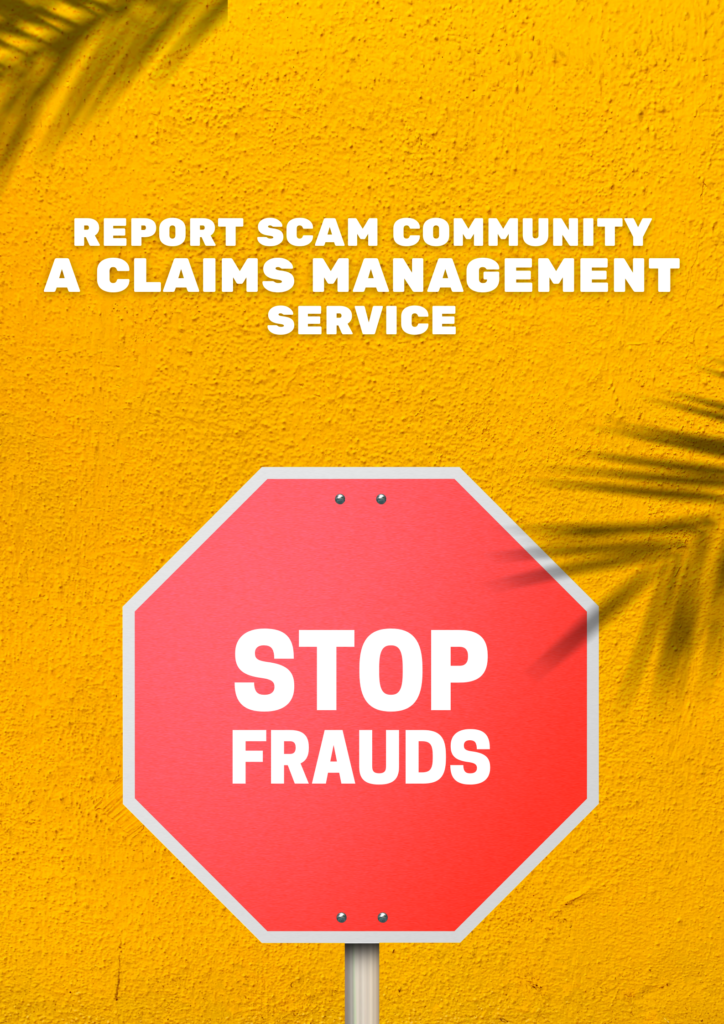Understanding the Importance of Free Consultations for Scam Victims
Financial scams have grown more common in this digital age. They can take many different forms, including binary scams, romance scams, phishing scams, cryptocurrency scams, and forex scams. People frequently become victims of these fraudulent strategies and suffer the terrifying experience of being scammed by brokers. Victims of such unfortunate incidents are left in a state of loss as they try to come to terms with losing their hard-earned money and look for ways to get it back.
The Role of Broker Reviews in Identifying Scams
Extensive research, which is sometimes made easier by broker reviews, is one of the primary approaches for avoiding fraud. These reviews are a great resource since they provide information about the dependability and legitimacy of different brokers and online trading platforms. By using these ratings, people may lower their chance of becoming victims of financial scams by making educated judgments and avoiding possibly fraudulent businesses.
The Reality of Being Scammed by a Broker
People could still become victims of fraud brokers even with precautions taken. Be it through fraudulent approaches, false promises, or explicit a scam, falling victim to a broker scam may have adverse effects including large financial losses and emotional distress.
Exploring the Path to Recovery
Following a fraud, victims frequently experience feelings of stress and uncertainty about what to do next. Here’s where free consultations shine brightly, offering individuals in need of direction and assistance a lifeline. Report Scam provides a community-based forum where fraud victims may get free consultation while trying to get their money back.
The Value of Free Consultations
More than just a service, a free consultation is a sign of encouragement and unity given to individuals who have been victimized. In these consultations, experts share their knowledge and experience to empower victims by providing essential advice and direction. These experts provide victims with the information and resources necessary to effectively deal with the challenging landscape of damages by understanding the minute details of fund recovery and the complexities of investment scams.
Building Trust and Long-Term Relationships
In addition to the instant help offered, free consultations are essential for developing connections that last a lifetime and establishing trust. Organizations show their dedication to responsible conduct and the well-being of their customers by assisting during difficult times. As a result, victims develop a sense of loyalty and goodwill, which opens the way for long-lasting relationships built on respect and trust.
Empowering Victims and Preventing Future Scams
In the end, the benefits of free consultations go much beyond specific instances of fraud recovery. These discussions support an overall effort to prevent financial scams and protect vulnerable people from being victims of similar schemes in the future by providing victims with knowledge and resources. Using education, awareness, and preventive actions, communities may collaborate to establish a safer virtual space for all.
To sum up, fighting fraud is essential for those who have fallen prey to financial scams; it provides them with hope, support, and direction while they work to reclaim their funds. People may confidently and effectively handle the complexity of scam reparation by utilizing the professional knowledge and mutual support of community-driven platforms. By working together, we may create a future in which financial frauds are not only lessened but also eliminated, giving future generations access to a safer and more secure digital environment.
Location
International House, 12 Constance Street,
London, E16 2DQ
Company Information
Company Name- REPORT SCAM COMMUNITY LTD
Company Number 14212000
Under the Companies Act 2006 as a private company, the
company is limited by shares, and the situation of its registered office is in England
and Wales.
Below are our hours of operation during non-holidays.– All days in a week
We accept online complaints around the clock.
File a scam complaint!
You can Trust Report Scam Community! as we have experience!

